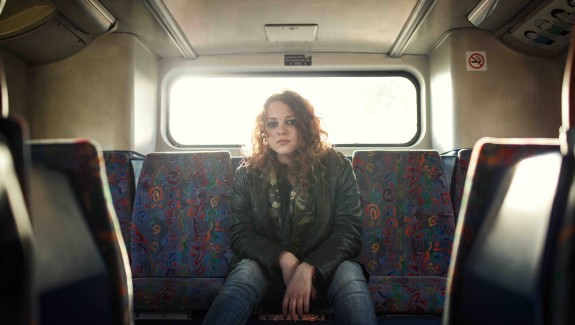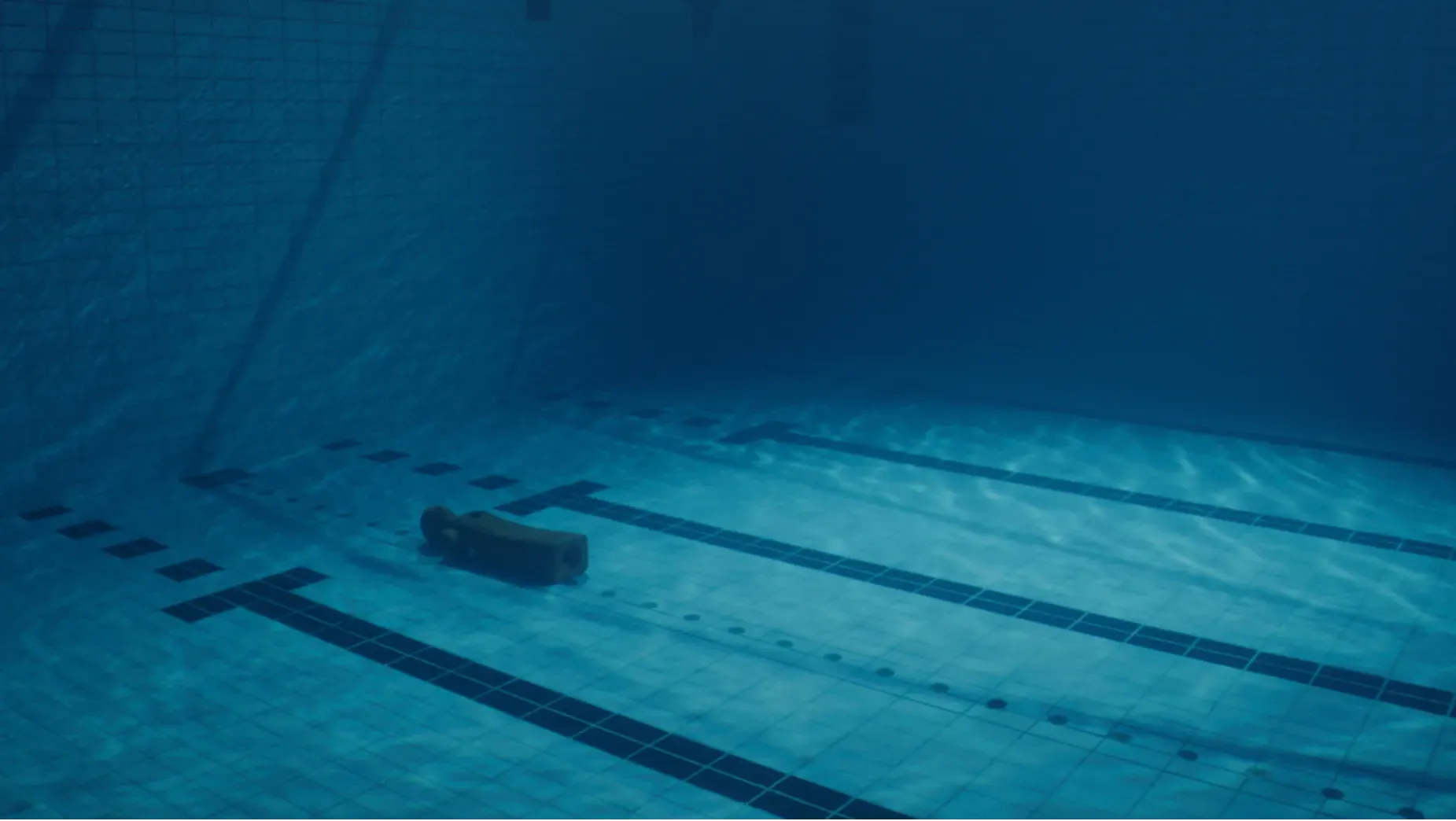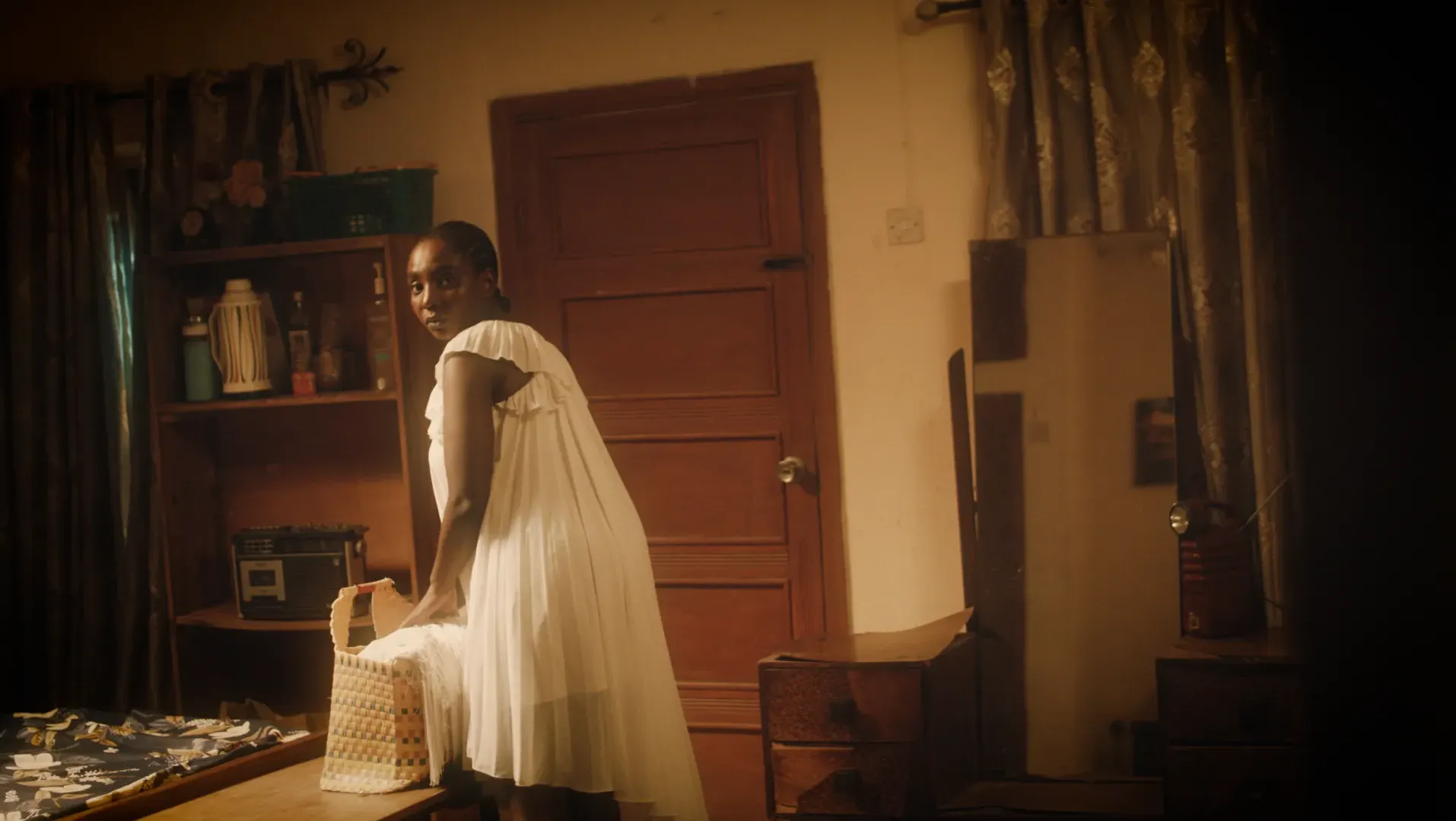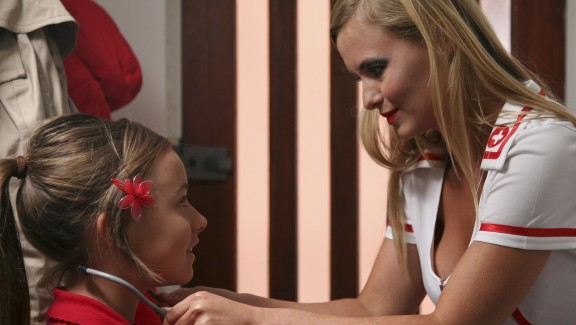Playing Nurse
Synopsis
Details
- Year
- 2011
- Type of project
- Shorts
- Running time
- 9mins 12secs
- Format
- Super-16mm
- Director
-
Miranda Howard-Williams
- Producer
- Steffen Wild
- Editor
- Ang Yee-Sien
- Screenwriter
- Miranda Howard-Williams
- Director of Photography
- Edgar Dubrovskiy
- Production Designer
- Reuben McNaughton
- Sound
- Jake Whitelee
- Composer
- Gabriel Currington
- Principal cast
- Tianna Webster, Stephen Lockwood, Ebony Gilbert
Genre
Categories
Production Status
Production Company
E: info@playingnurse.co.uk
Page updates
This page was last updated on 12th May 2025. Please let us know if we need to make any amendments or request edit access by clicking below.
See also
You may also be interested in other relevant projects in the database.
 The Backseat
The Backseat
Director: Miranda Howard-Williams
Year: 2016
The story of a lonely but upbeat girl called Shelby who rides the local buses in an attempt to keep warm and find meaningful connections with her fellow passengers - in a world that all too often looks the other way. A sensitive look at those in the community who are vulnerable and marginalised. Highlighting that their lives, like those of all of us, are essentially the result of many factors beyond our control rather than any personal action.
 Fantasies of a Rescue Dummy
Fantasies of a Rescue Dummy
Director: Adrian Maganza
Year: 2025
A rescue dummy gets forgotten at the bottom of a swimming pool. Behind his single expression, a whirlwind of emotions flood his plastic carcass as he fantasies about being picked up and brought to the surface in the strong and reassuring arms of a swimmer. Official Selection London Short Film Festival 2026
 Shall We Meet Tonight
Shall We Meet Tonight
Director: Wapah Ezeigwe
Year: 2025
The film narrates the complex journey of a young woman as she is promised in an arranged marriage to a wealthy aristocrat. As she navigates this new social landscape, she unexpectedly finds herself drawn towards another woman from her town. This secret affection creates a conflict within her, torn between fulfilling her marital duties and following her heart. Through its poignant portrayal of love in the face of societal expectations, the movie explores themes of identity, independence, and the struggle for authentic connection amidst tradition-bound constraints. As the protagonist grapples with these competing forces in her life, viewers are drawn into a captivating tale of self-discovery and the courage to embrace one's own desires. Official Selection BFI Flare LGBTQIA+ Film Festival 2025
